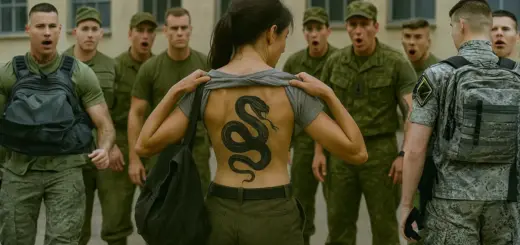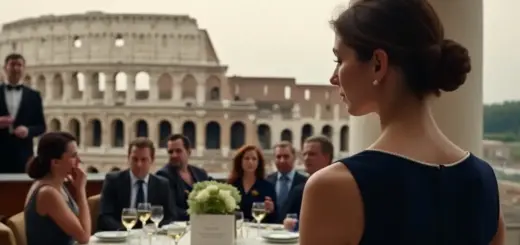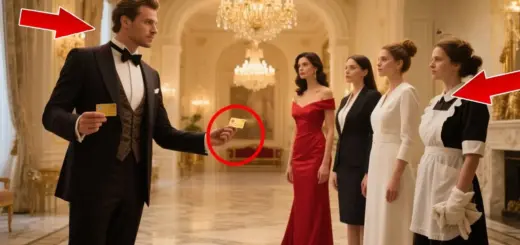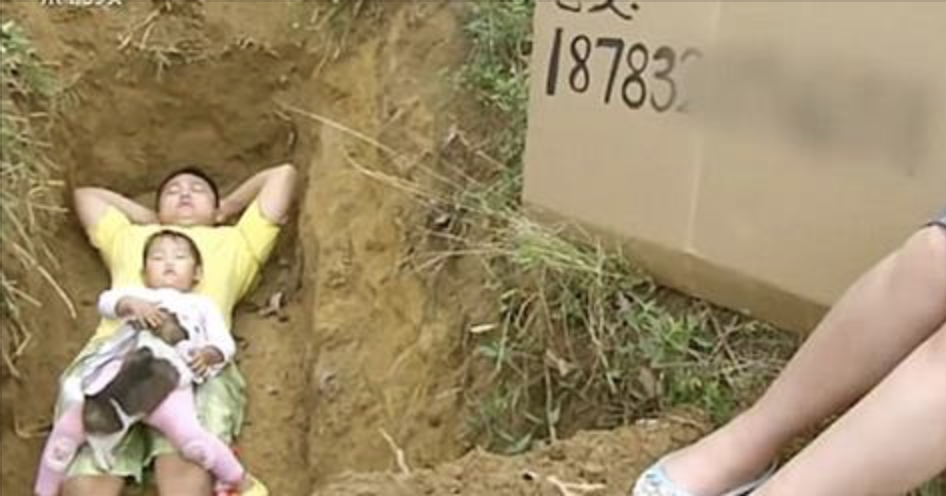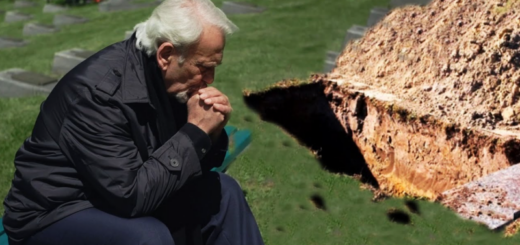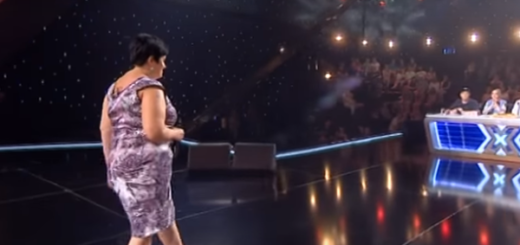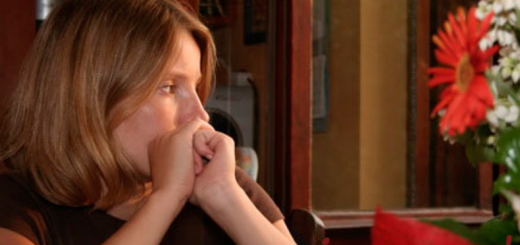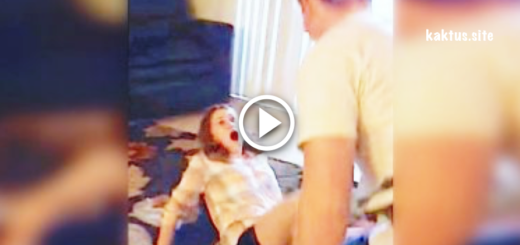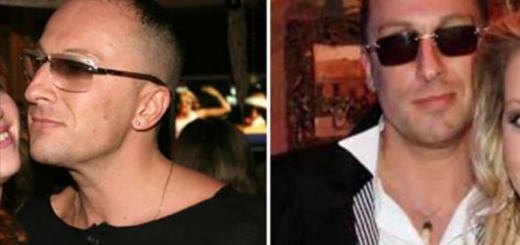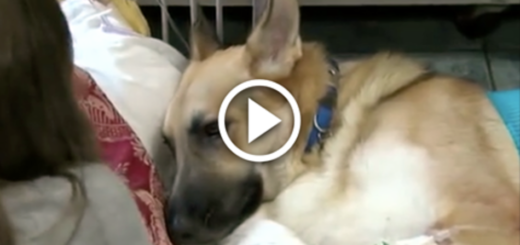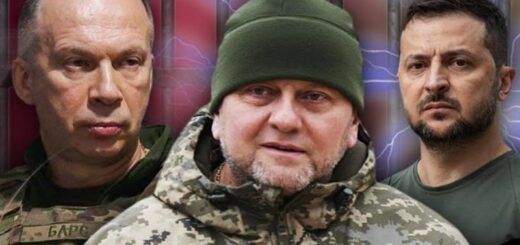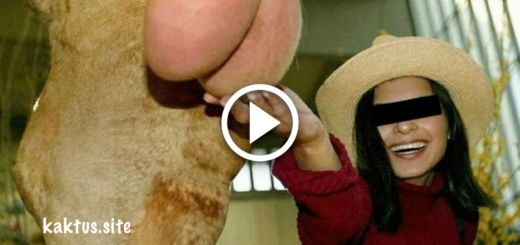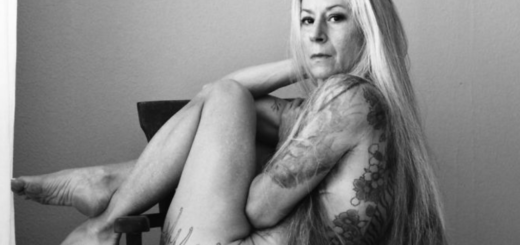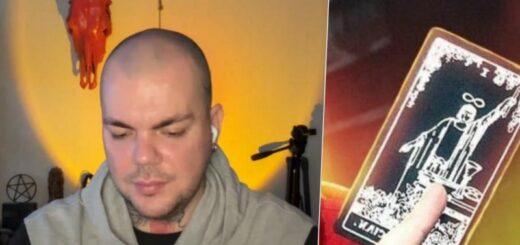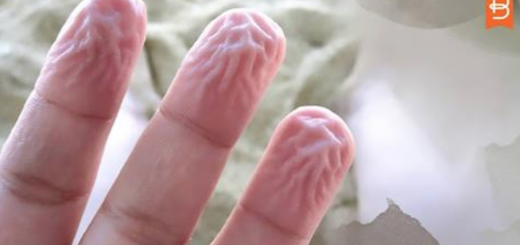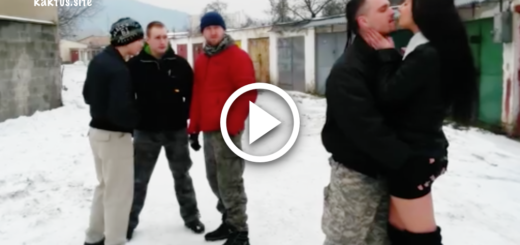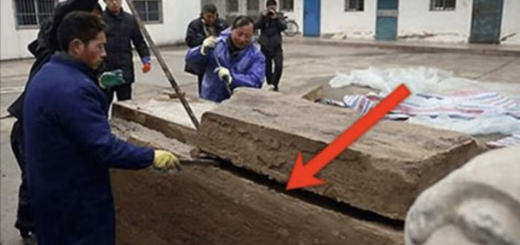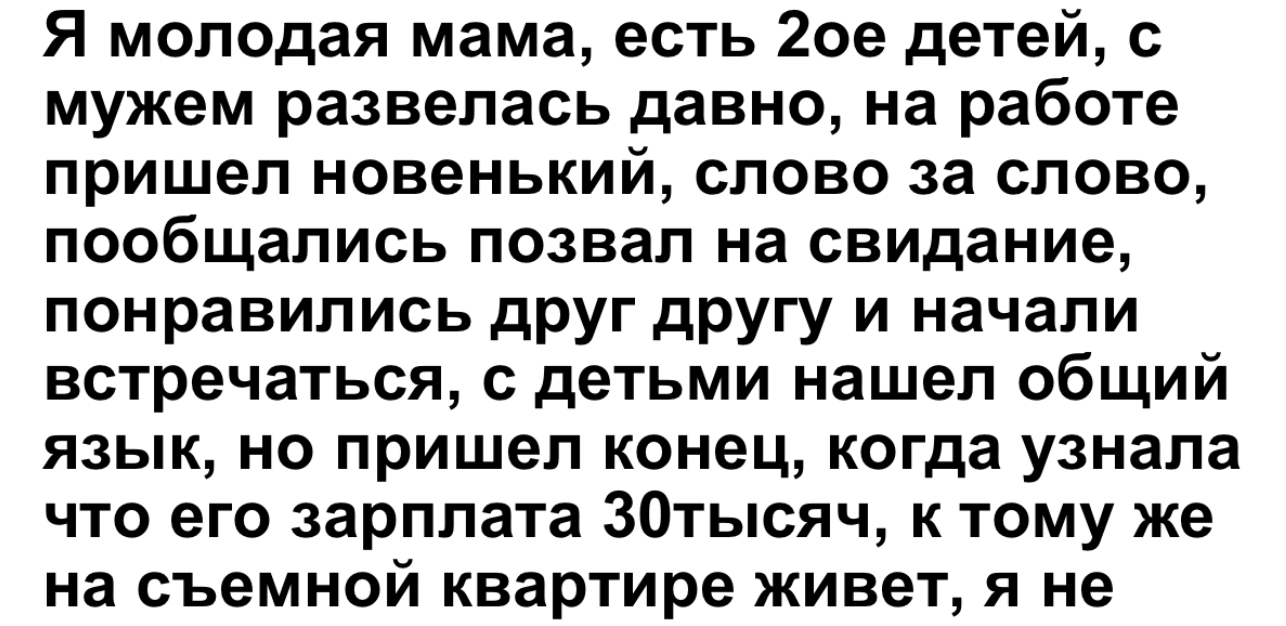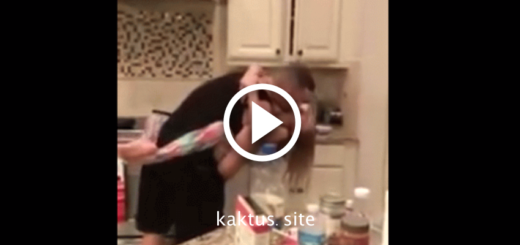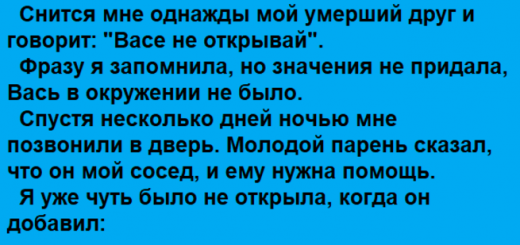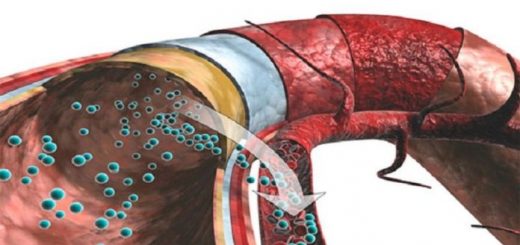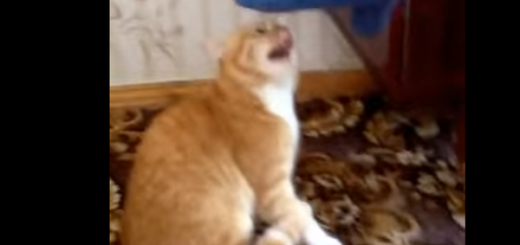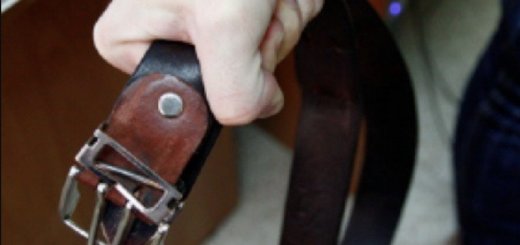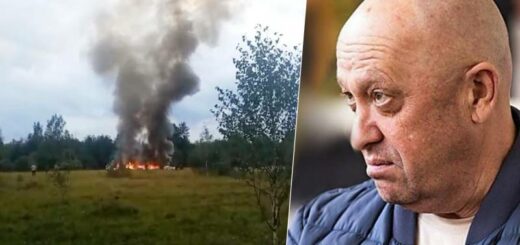It took several minutes for James to regain the ability to move. He felt like a man who had just survived an earthquake that no seismograph had predicted. A torrent of questions flooded his mind. Was this a breach of protocol? A violation of trust? Or was it… a breakthrough? What qualifications did Claire possibly have? Who had given her permission to touch his son in such a familiar way?
And yet, as the questions swirled, none of them held any real weight against the raw power of what he had just witnessed. That single, undeniable moment—Leo tracking, responding, connecting—was more real than any doctor’s report, any MRI scan, or any bleak prognosis he had ever been forced to read.
He walked toward Leo’s wheelchair, his steps measured, half-expecting the boy to have retreated back into his shell. But Leo remained as he was. There was no movement, but there was also no shutdown. His fingers, resting on his lap, curled inward ever so slightly. James saw the faintest tension in his arm, as if the muscle had just remembered its own existence. And then came the whisper of music, not from a device, but from Leo himself. A barely audible, off-key hum. But it was a melody.
James staggered back. His son was humming.
He didn’t speak for the remainder of the day. Not to Claire. Not to the household staff who sensed a seismic shift in the atmosphere. He certainly didn’t speak to Leo. He locked himself in his home office, pulling up the security footage from that morning, needing to see it again, to confirm that it wasn’t a grief-induced hallucination. The image was seared into his memory: Claire spinning, Leo watching.
He didn’t feel anger. He didn’t feel joy. He felt something utterly unfamiliar, a profound disturbance in the deep, cold stillness that had become his life. It was a feeling that existed in the space between loss and longing. A flicker. Hope? No, not yet. Hope was a dangerous, treacherous thing.
But something had undeniably cracked open. A long and profound silence had been broken, not by a word, but by a waltz. By something alive.
That evening, James didn’t pour his customary glass of scotch. He didn’t answer the torrent of emails flooding his inbox. He simply sat alone in the growing darkness, listening to the silence, replaying in his mind the one thing he had believed he would never see again. His son, in motion.
The next day would bring interrogations and consequences. Explanations would be demanded. But for now, none of that mattered. All that existed was the moment that had started it all. A return home that was never supposed to happen. A song that was never meant to be played. And a dance with a paralyzed boy that had somehow, impossibly, taken place.
James did not summon Claire immediately. He waited, letting the house settle back into its rigid, scheduled rhythm after the other staff had departed for the day. But when he finally called her to his office that afternoon, the look in his eyes was not one of rage. It was something colder, more unnerving: a quiet, intense demand for control.
Claire entered his office without a flicker of hesitation. Her posture was straight, her chin held high—not in defiance, but in a state of calm readiness. She had known this conversation was coming. James sat behind a vast, polished mahogany desk, his hands steepled before him, a king on his throne. He gestured toward the chair opposite him. She politely declined to sit.
— Explain what you were doing with my son.
His voice was a low, clipped instrument, each syllable measured and sharp.
Claire folded her hands over the front of her simple work apron and met his gaze directly.
— I was dancing.
The simplicity of her answer seemed to only heighten his tension. James’s jaw tightened.
— With my son?
Claire nodded once.
— Yes.
The silence that followed was heavy and sharp.
— Why?
He finally asked, the single word biting through the air. Claire’s composure did not waver.
— Because I saw something in his eyes. A light. So I played a song on my phone. His fingers moved, just a little. He was following the music, so I moved with him.
James pushed himself up from his chair and began to pace.
— You are not a therapist, Claire. You are not a child psychologist. You have no training. You do not touch my son.
Her reply came without pause, firm but utterly devoid of disrespect.
— No one else touches him either, Mr. Whittaker. Not in a way that’s about joy. I didn’t make him do anything. I followed his lead.
Her profound calm unnerved him far more than an outburst would have.
— You could have set him back months. Years!
He muttered, running a hand through his hair.
— There are protocols. There is a structure to his care.
Claire remained silent, letting his words hang in the air. He spun back to face her, his voice rising with frustration.
— Do you have any idea what I pay for his specialists? What they say about his condition?
Finally, she spoke again, her tone even softer this time.
— I do. And with all due respect, sir, they didn’t see what I saw today. He chose to follow the music. He chose with his eyes, with some part of his spirit. Not because he was instructed to, but because he wanted to.
James felt his carefully constructed defenses begin to splinter, not from agreement, but from sheer confusion. Nothing about this situation fit the formulas he understood.
— You think a little dance solves catastrophic trauma? That a song can just erase what happened?
Claire didn’t answer the question directly. She knew it was pointless to argue theory with him. Instead, she offered a simple, unassailable truth.
— I danced with him because I hoped it might make him smile. Because it seemed like no one else had tried.
That statement landed with more force than a physical blow. James’s hands clenched into fists, his throat suddenly dry.
— You crossed a professional boundary.
She nodded once, conceding the point.
— Perhaps I did. But he was alive in that moment, Mr. Whittaker. For the first time in a long time, he was truly alive. I would cross that line again to see it.
The raw, undeniable power of her words—he was alive—hung between them. The impulse to fire her was visceral. He needed to restore order, to reassert control, to maintain the fiction that the systems he built could protect the people he loved from the chaos of the world. But her final sentence clung to him, refusing to be dismissed.

